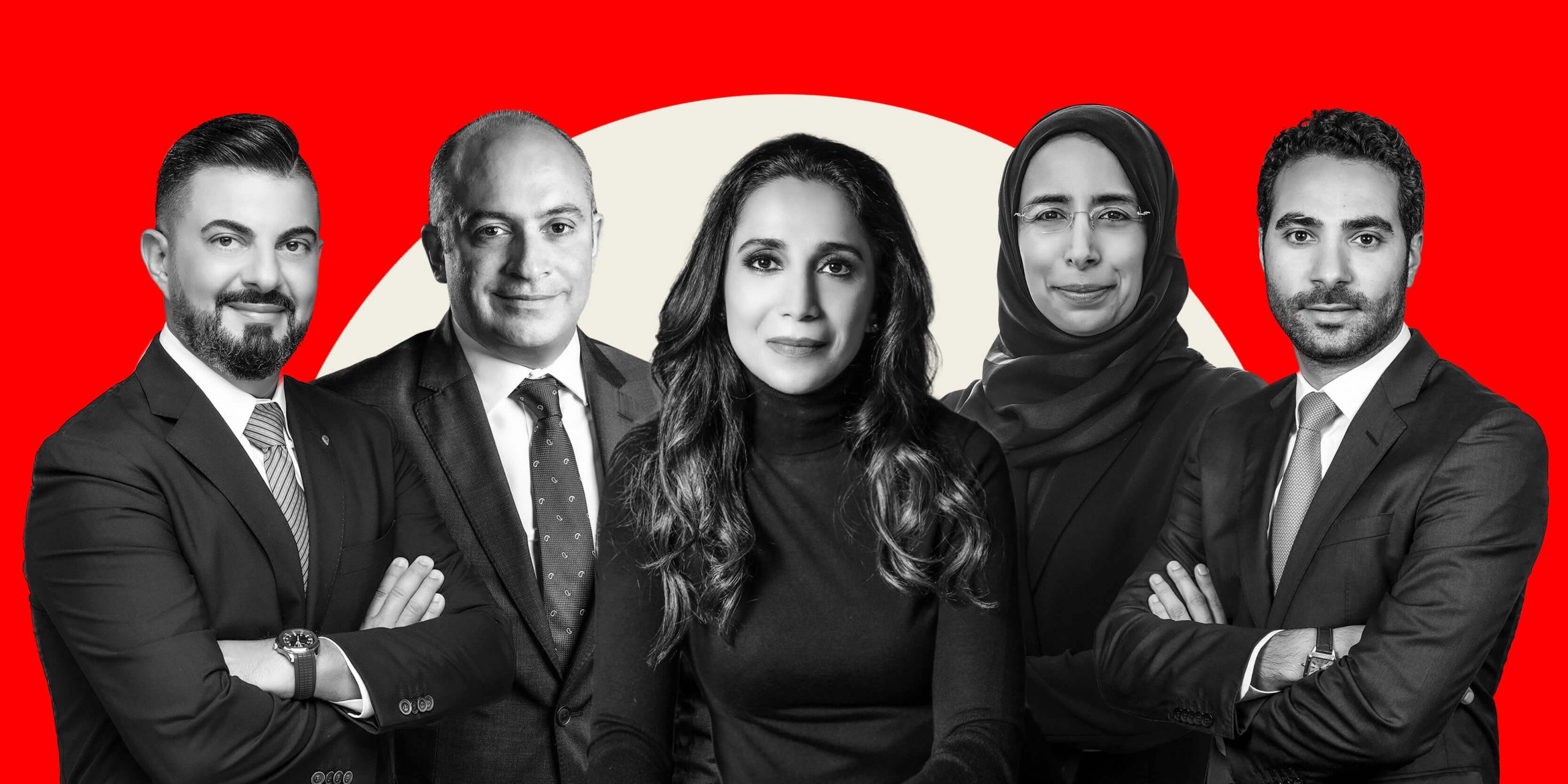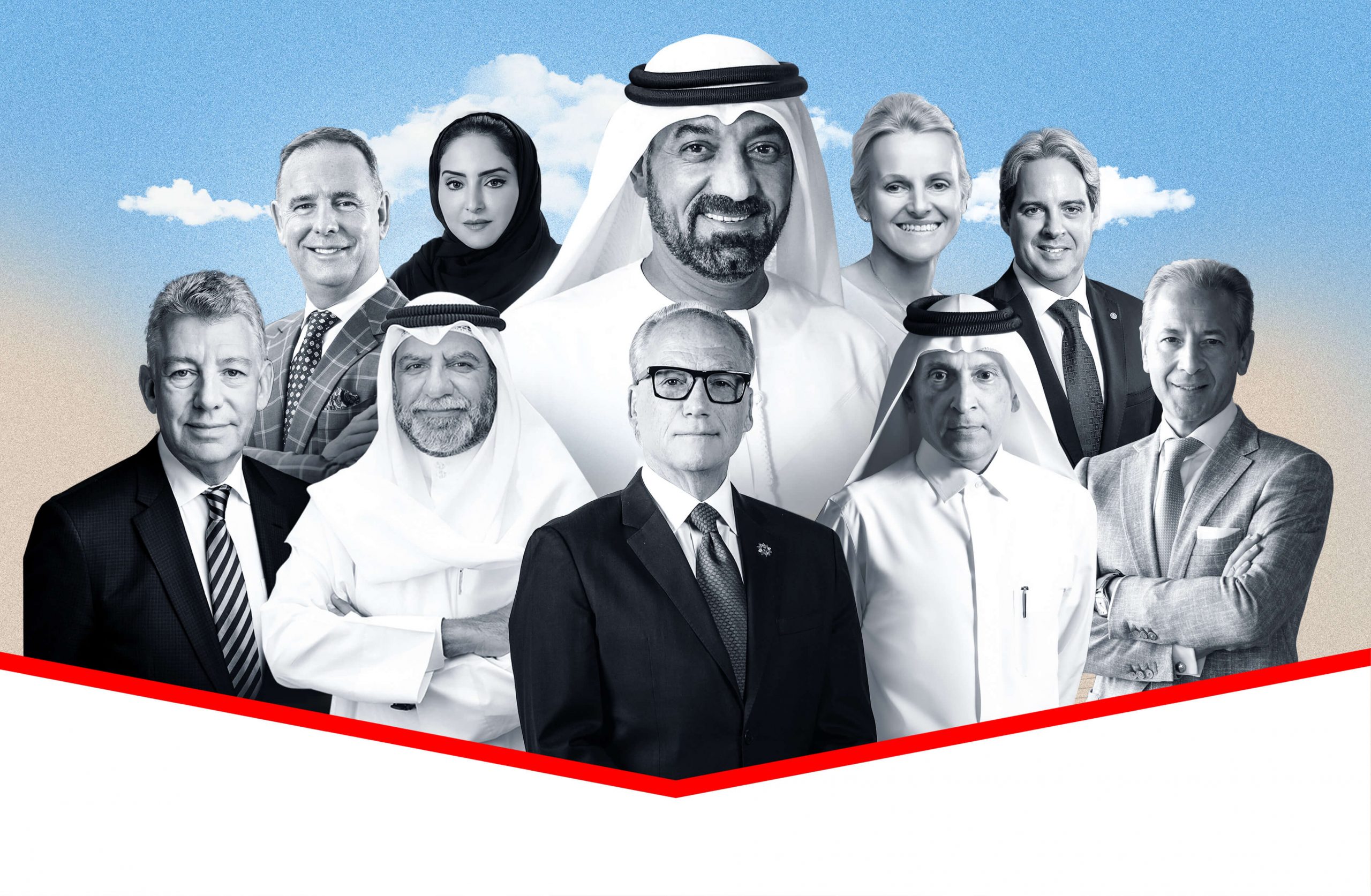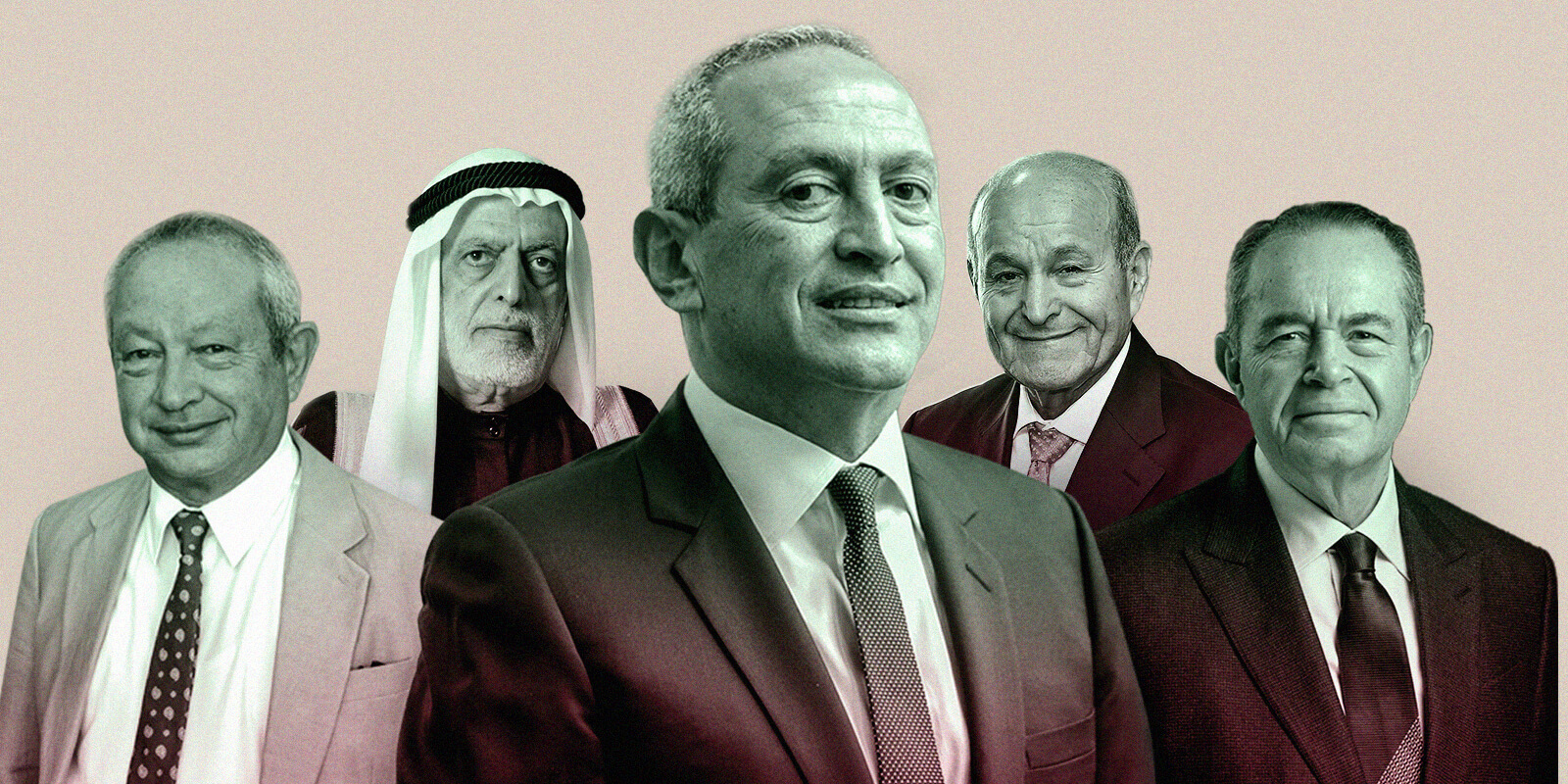

As the world recovers from the global pandemic, the significance of the healthcare sector is more prominent than ever. The world has seen the industry minting historic record-breaking achievements and innovations over a short span of time. Funding and investment in healthcare has also spiked in the last couple of years, with global health innovation funding rising by two folds to $44 billion in 2021 compared to 2020, while acquisitions of health and healthtech firms grew by 50%, according to the World Economic Forum.
This month, we release our first ranking of “Middle East’s Top 50 Healthcare Leaders,” featuring the heads of the region’s largest and most impactful healthcare organizations that are influencing the lives of millions of people in the Middle East and globally.
Leaders of pharmaceuticals companies dominate the list with 20 entries, followed heads of the largest hospitals in MENA with 19. The U.A.E. dominates the list with 25 of the 50 firms based in the emirates, followed by 13 in Saudi Arabia, six in Egypt, two Qatar, and one each in Kuwait, Algeria, Jordan, and Morocco.
Methodology
For this ranking, we included leaders that span the healthcare ecosystem, including hospitals and clinics, pharmaceutical companies, diagnostics centers, and health technology providers. All individuals had to be based in the Middle East. Leaders directly working for government—such as the health ministry or department of health officials—were not considered, however, leaders of government-owned companies were considered.
When creating the ranking, we considered the following criteria, with each point assigned a weight:
• Size of the company—revenues, assets, etc.
• Impact that the leader has had on the region’s healthcare sector.
• Innovative initiatives and systems implemented by the leader.
• Experience of the leader.
• Diversity of operations.
• Ownership of assets.





